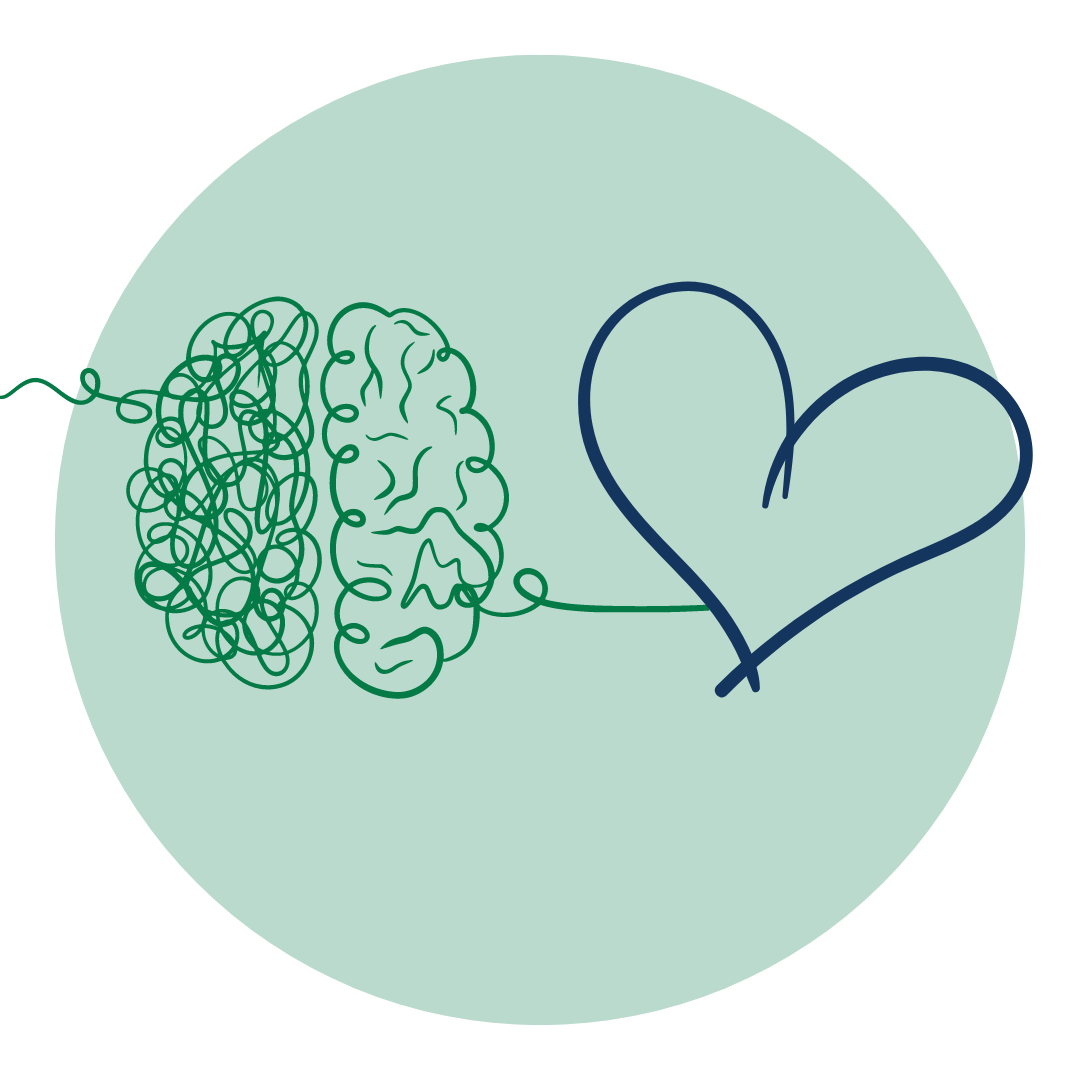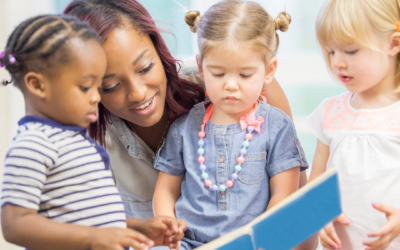
Emotional Intelligence:
What is it and why is it important?
By Larisa Moe: Provider Support Specialist
You may be wondering, what is Emotional Intelligence? Is it measured by an IQ test? In fact, there are several types of intelligence and only some are measured by a test. Many types of intelligence focus on cognitive abilities, such as math, science, musical ability, and written language. Other measurements focus on physical abilities such as movement, motor control, and visual and spatial judgment. Alternatively, emotional intelligence is rooted in our emotions. Our ability as humans to experience, express, and manage emotions in healthy and constructive ways in addition to understanding the emotions of others has a direct link to our overall success in many aspects of life. Emotions serve as a universal language and the first fundamental way humans communicate with and react to the world. In other words, emotional intelligence starts at birth and continues throughout the lifespan.
The steps to building emotional intelligence play a crucial role in informing and shaping the pattern of the brain’s development. Emotions need to be understood and managed before effective learning can occur. Research reveals that when the brain is overwhelmed with unmanaged emotions, it cannot learn. Keeping the brain in a constantly heightened state of stress or anxiety because of strong emotions negates the ability to pay attention, concentrate, be patient, or stay focused. This often is displayed through challenging behaviors, inattentiveness, or withdrawal. When emotional intelligence is not strongly developed in the early years of life, the negative consequences can have lifelong impacts. Such outcomes can manifest as low self-esteem, low academic achievement, social challenges, erratic behavior, and ongoing struggles.
So how can we help children build these essential skills? Infants and children look towards the adults around them to narrate emotional intelligence. Having adults around them who can model positive understanding, management and expression of emotions, and positive ways to interact and resolve conflicts, allows children to begin using these same tools for the development of their own emotional intelligence skills.
Adults can display emotional intelligence in many different environments. Parents and caregivers provide the first experiences and environment to build emotional intelligence at home. Through awareness and engagement, teachers and caregivers also play a role in the development of emotional intelligence for children. By creating a safe, secure, and inclusive environment, being responsive to children (through co-regulation), acknowledging and identifying emotions, and allowing space for expression, teachers and caregivers can promote opportunities for the enhancement of skills. Play also serves as a valuable arena for children to recreate experiences, work through emotions, and discover their own solutions.
Development of emotional intelligence opens the door for a child’s development of positive self-esteem, empathy for others, and a readiness to learn. These life-long skills put children on a pathway to thrive and find success in multiple facets of their lives.




